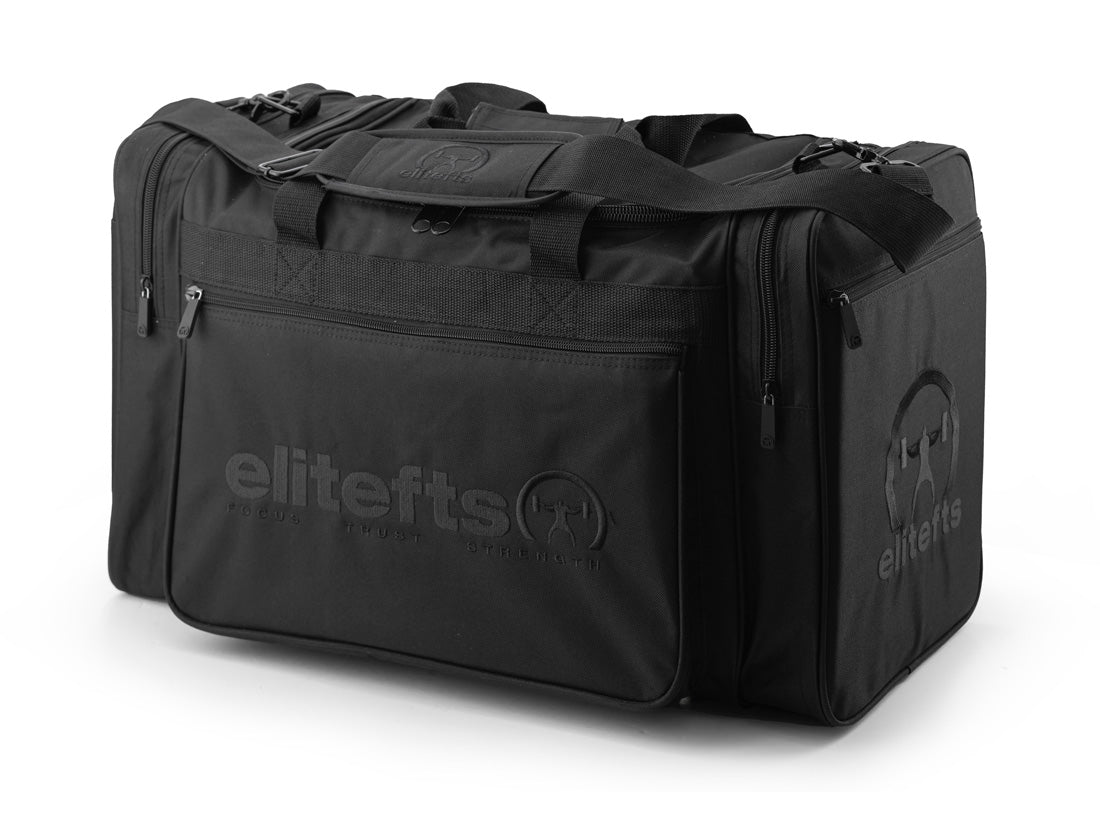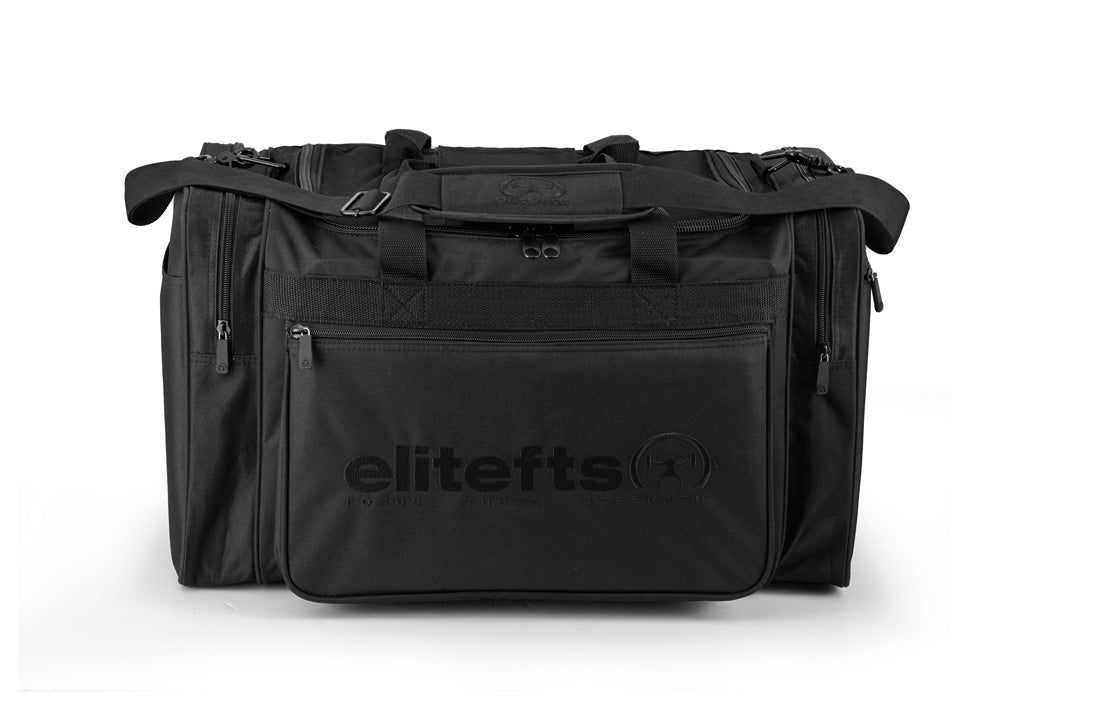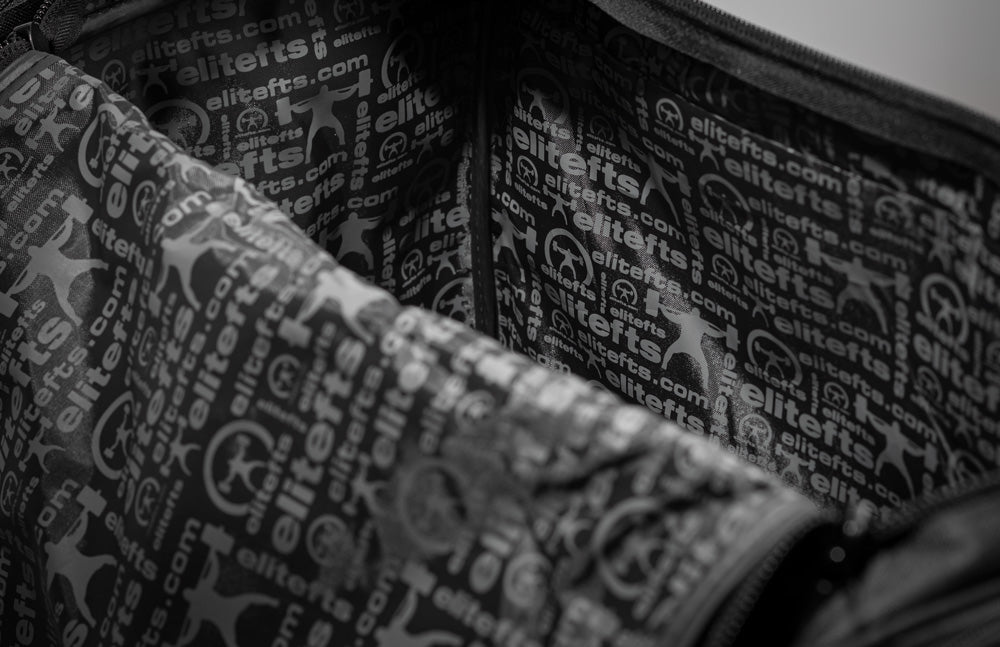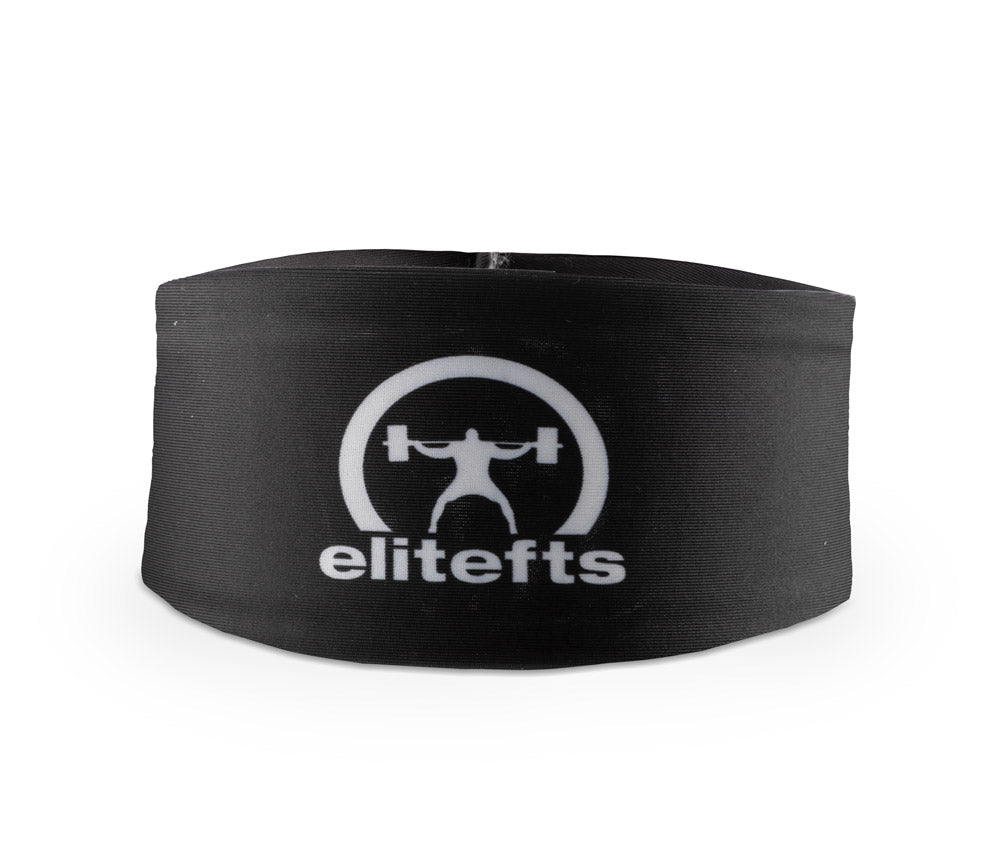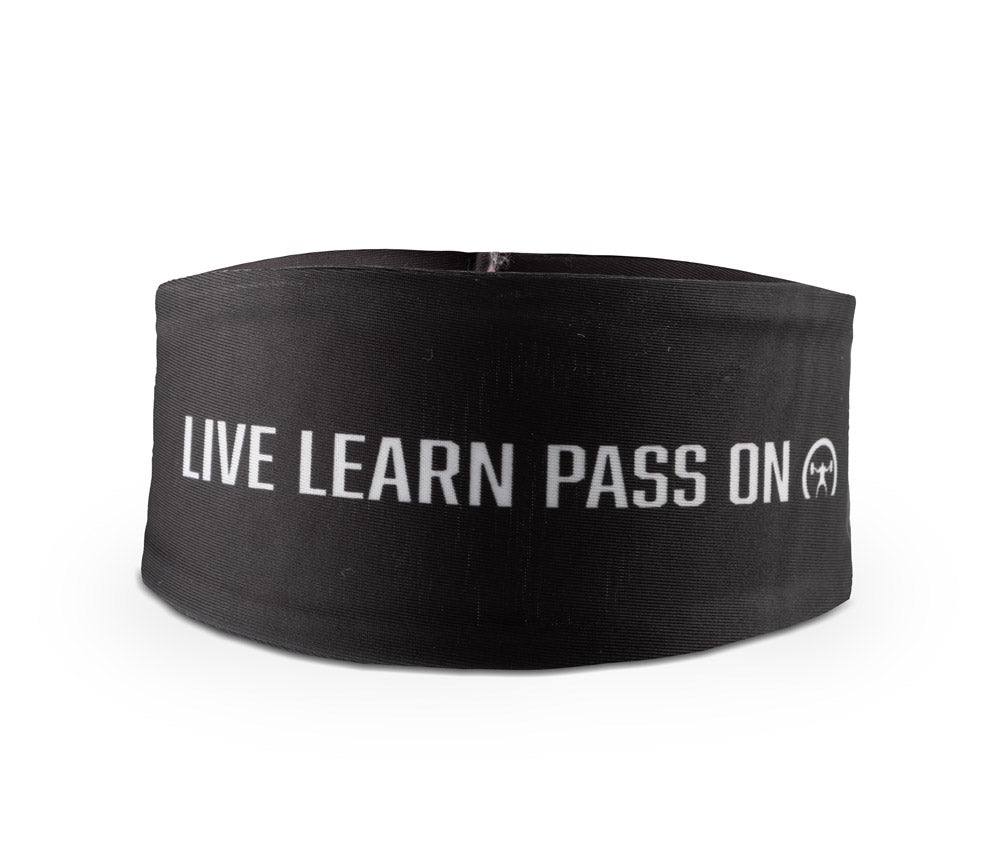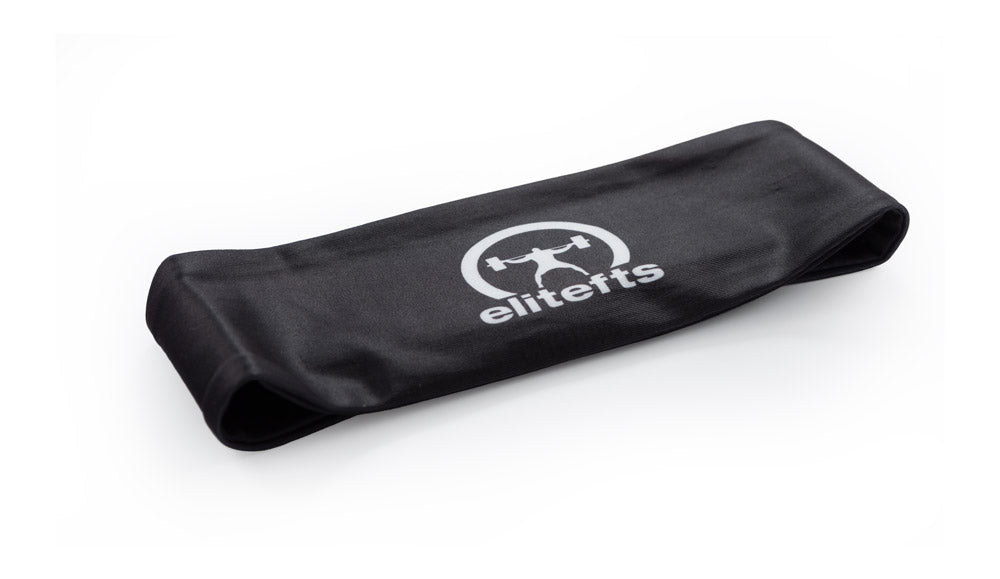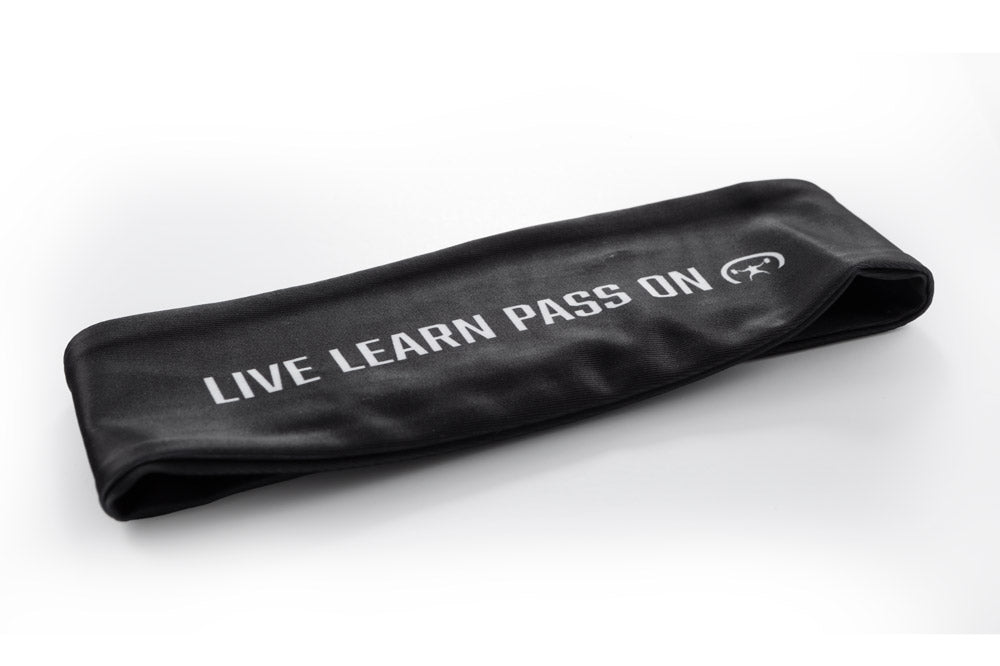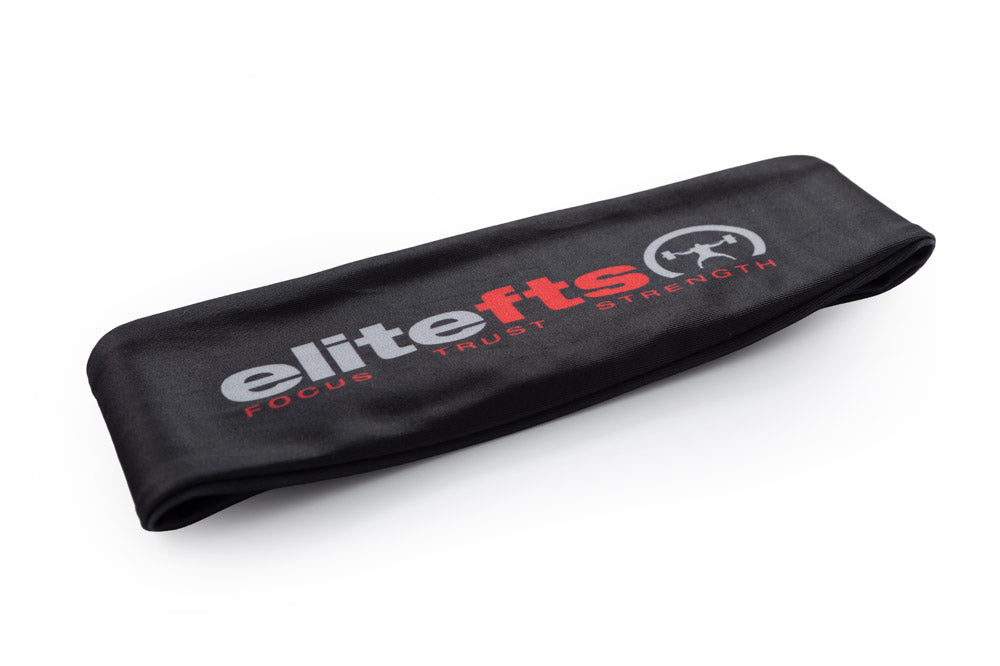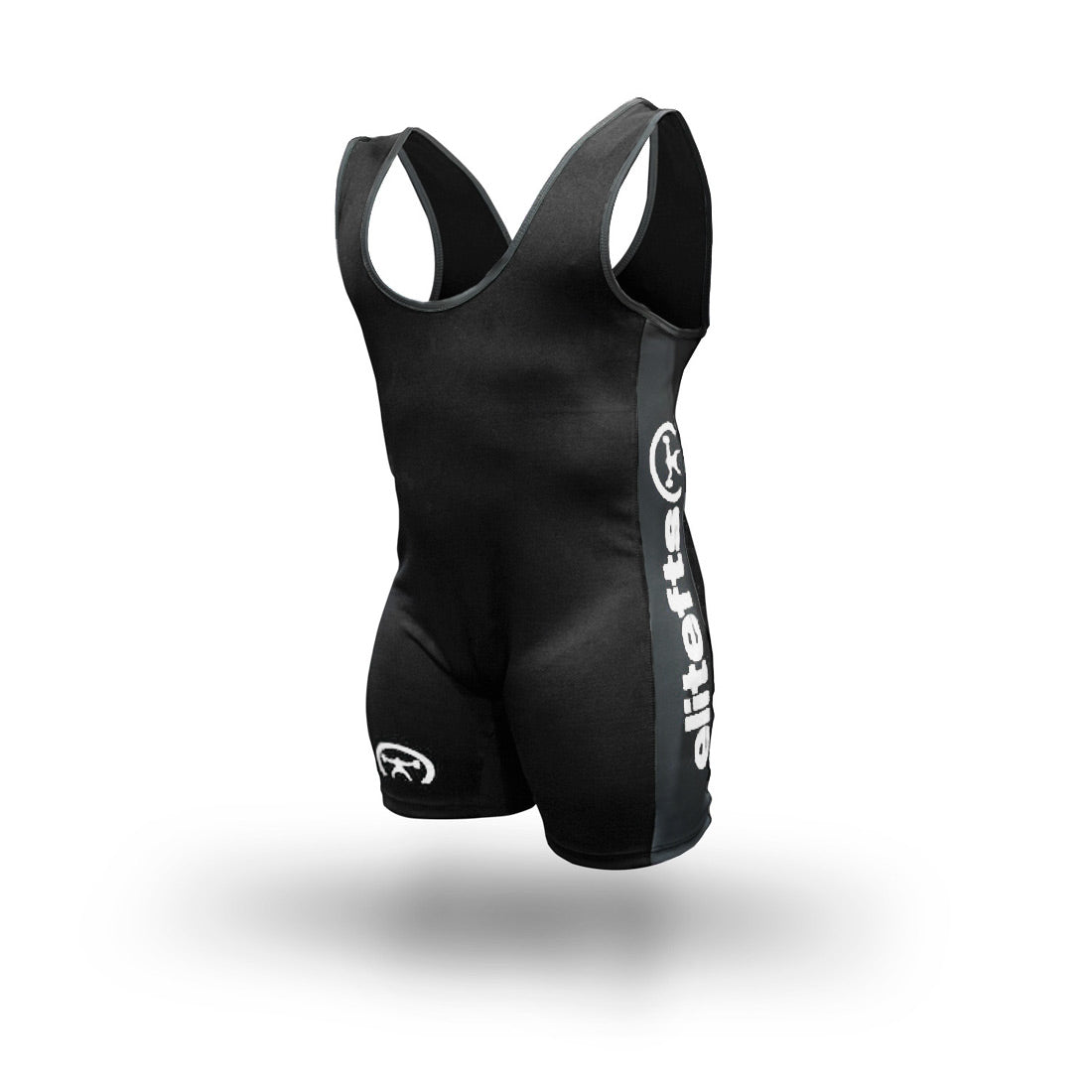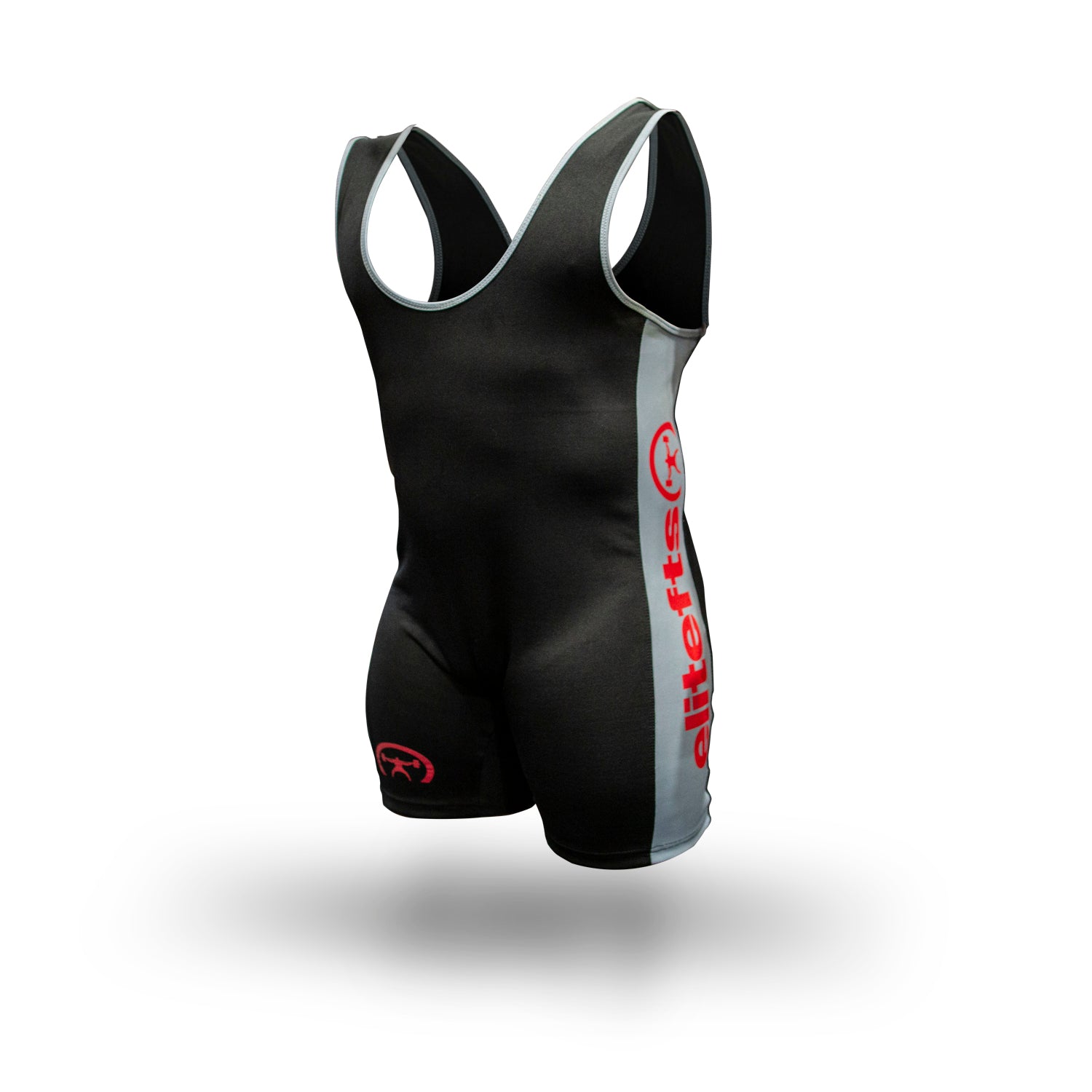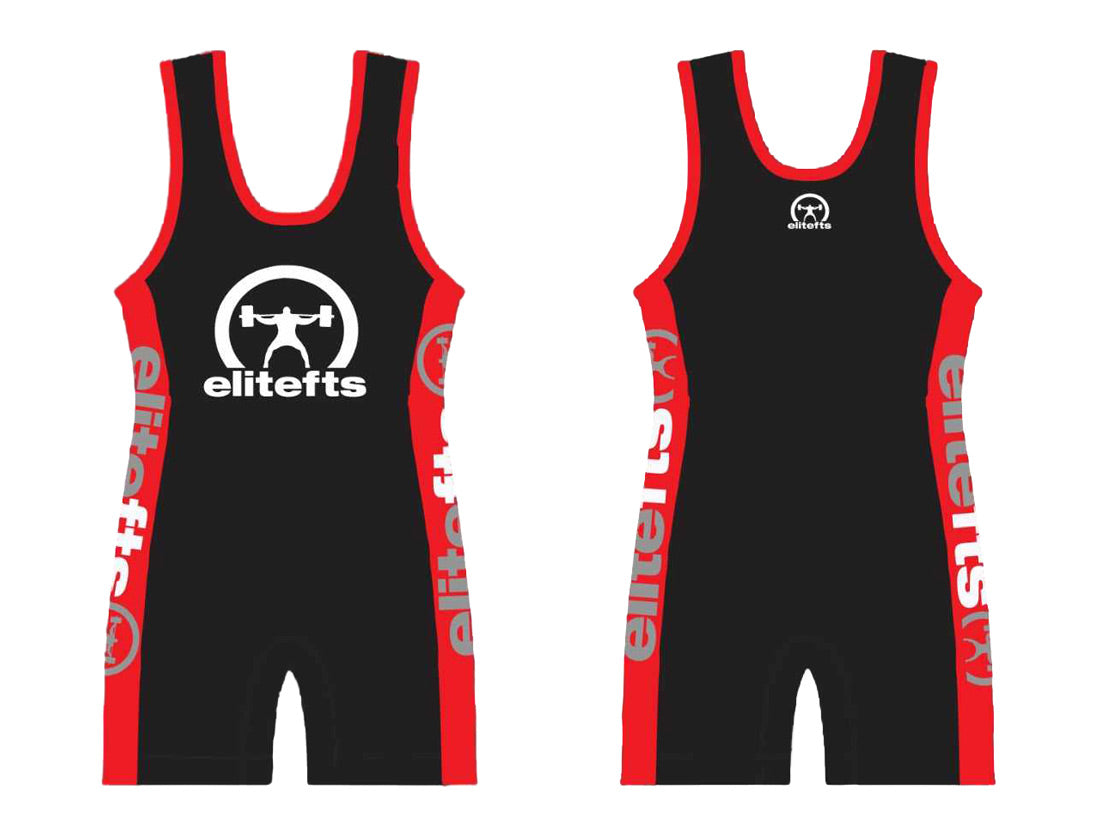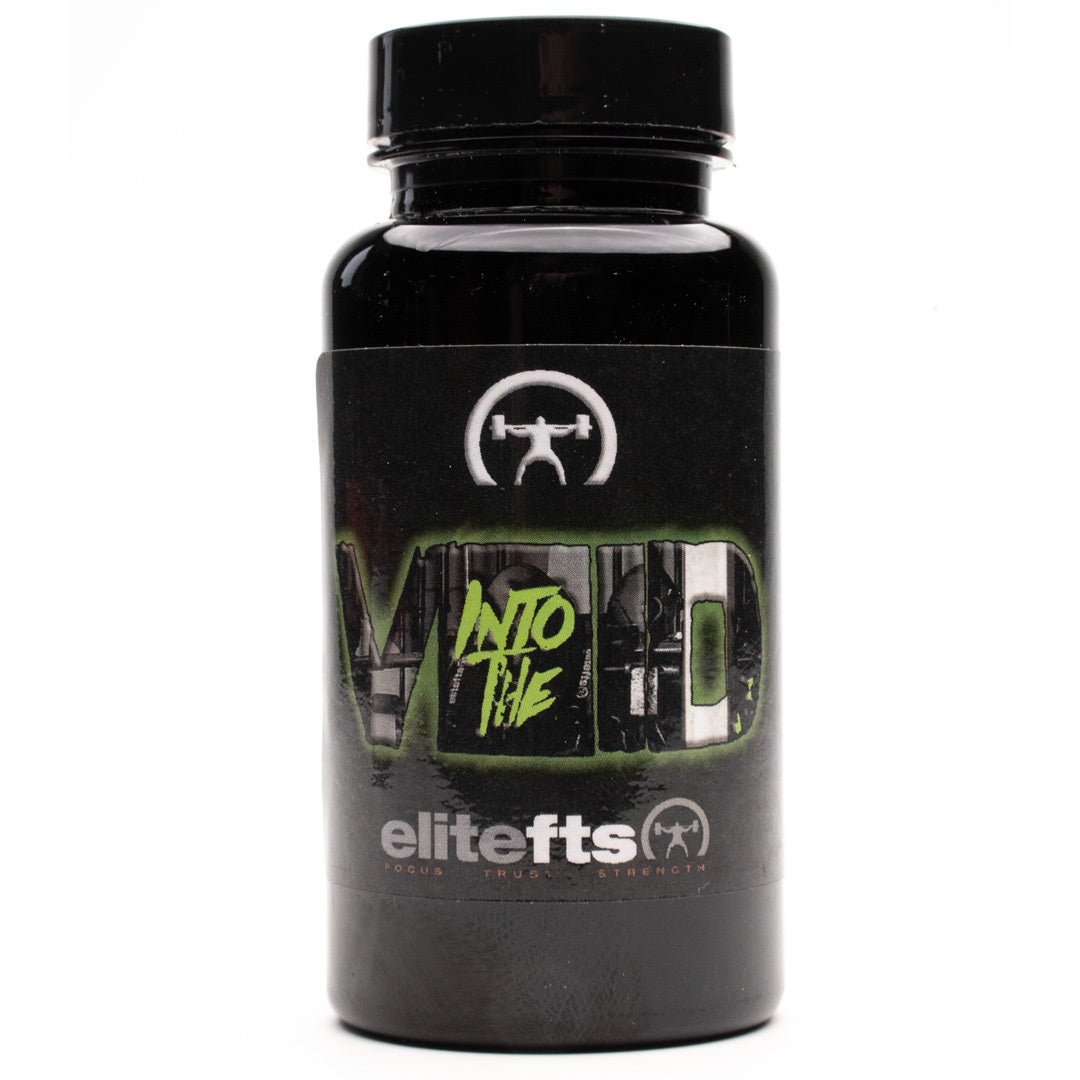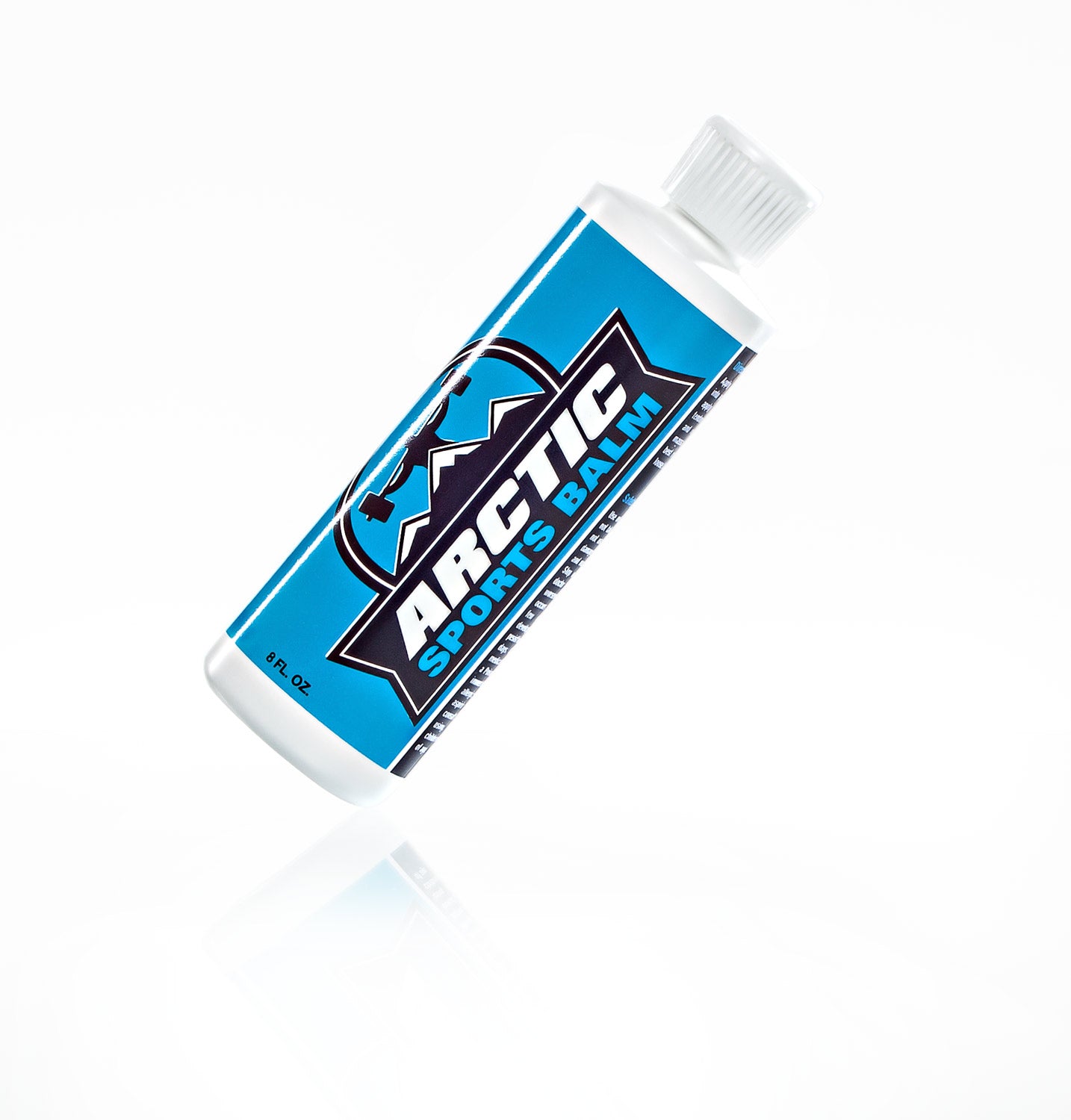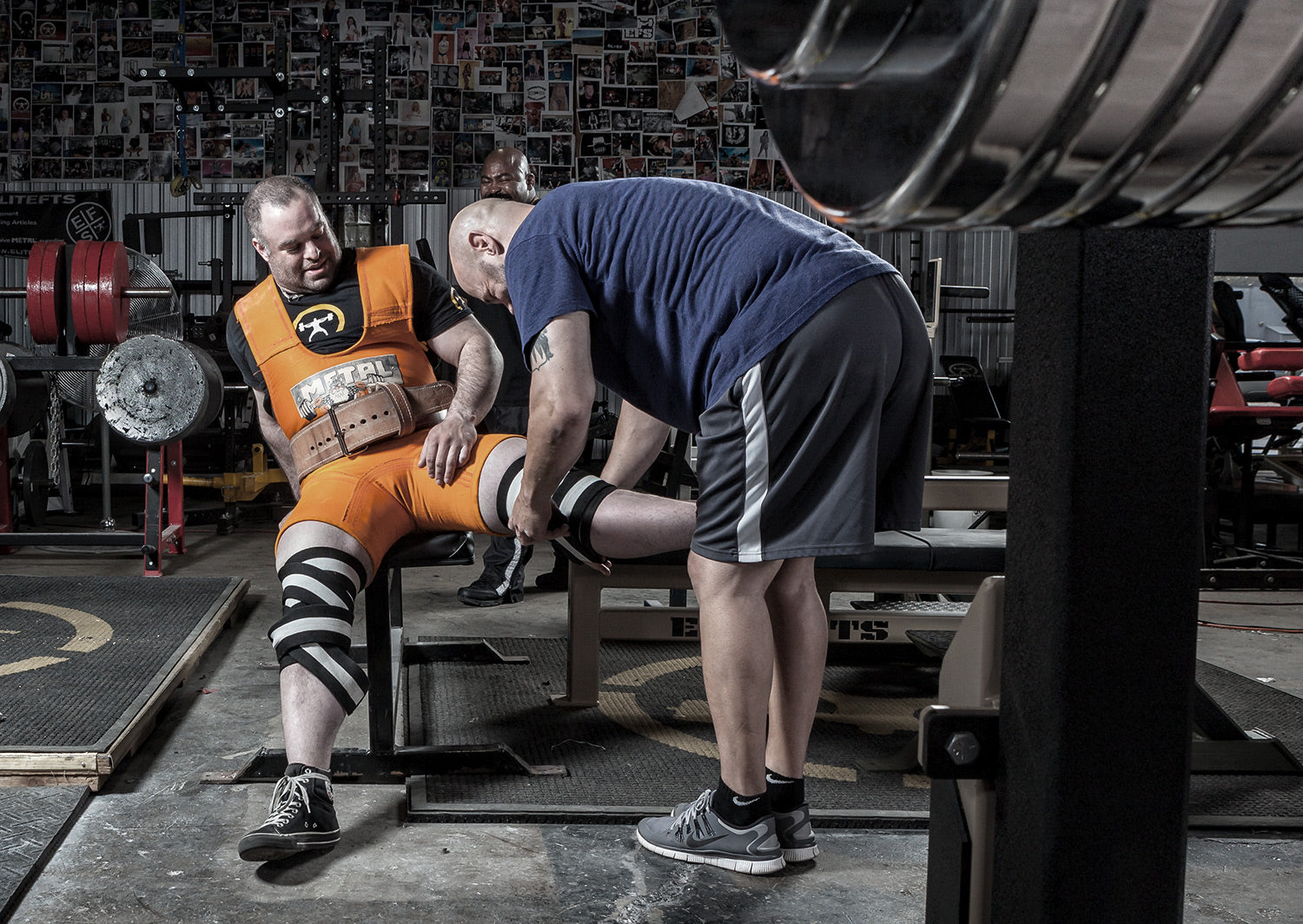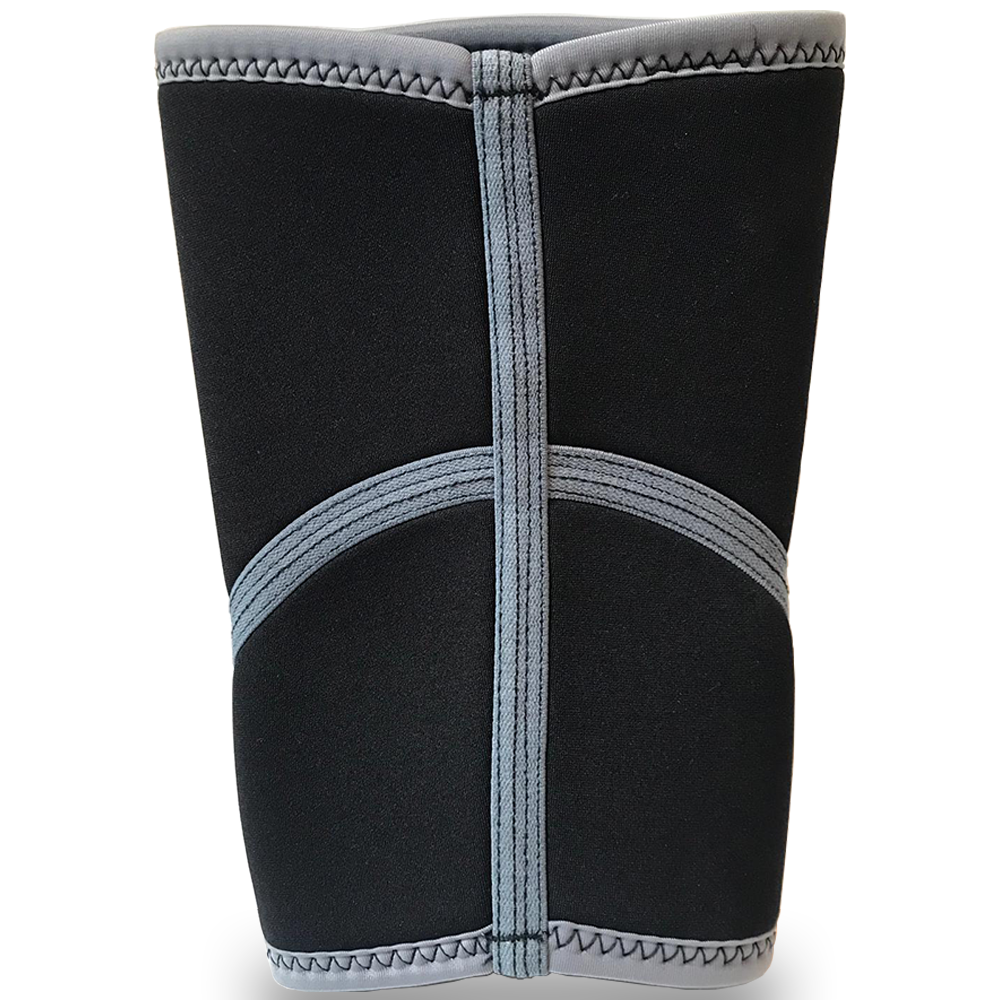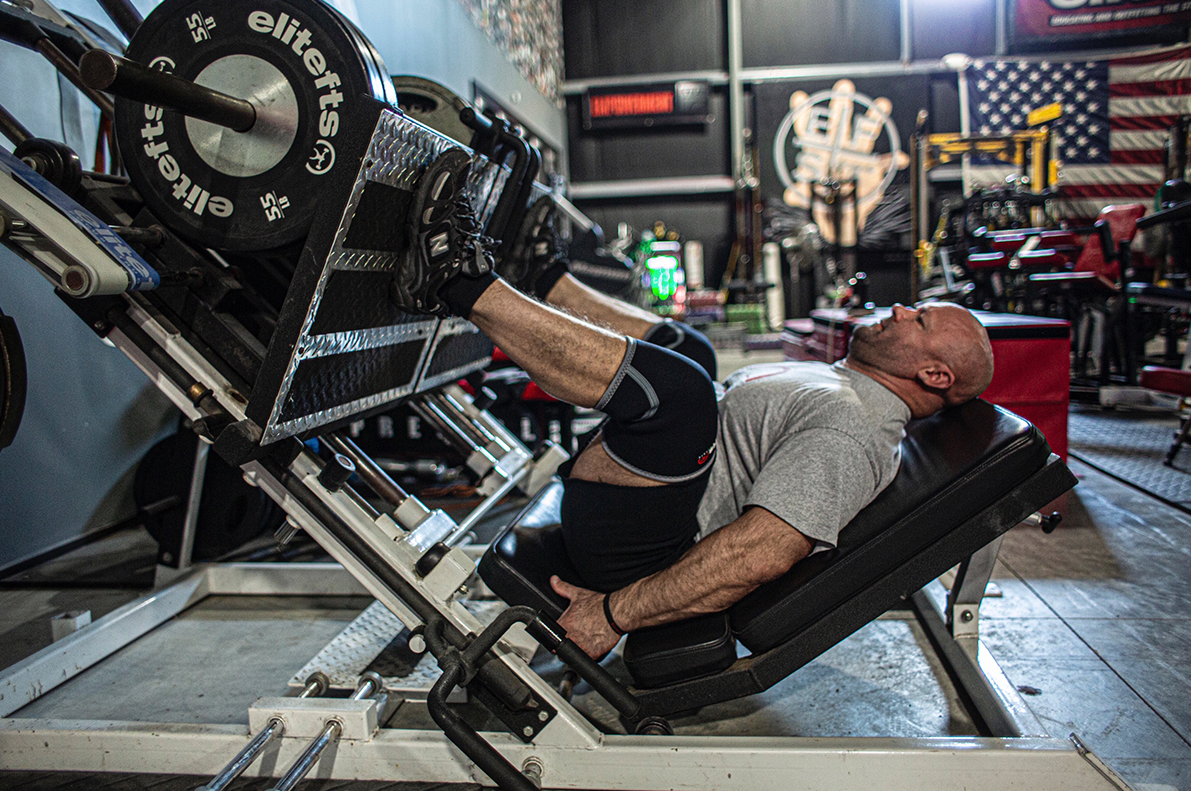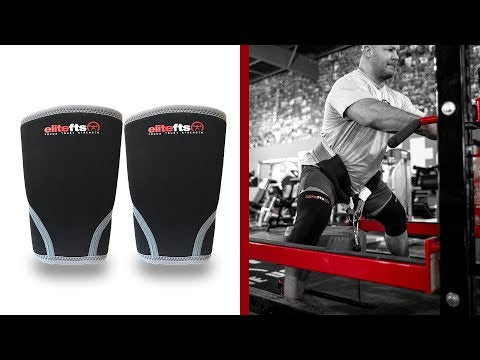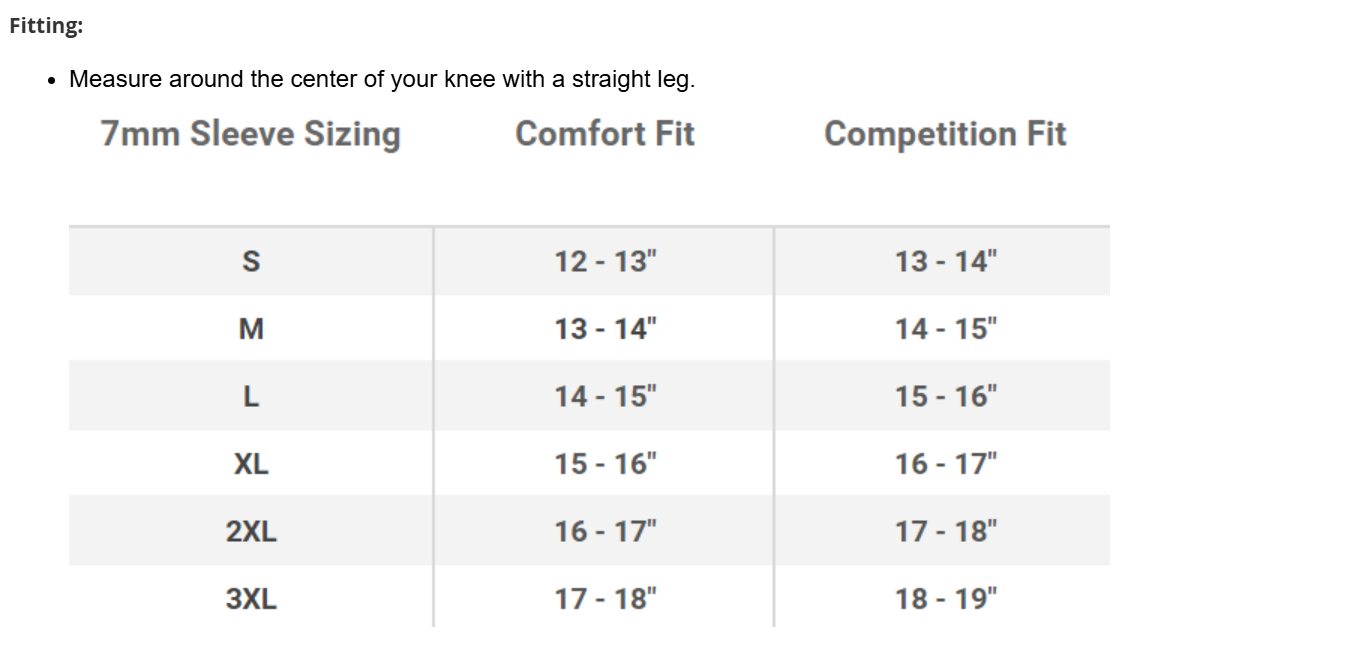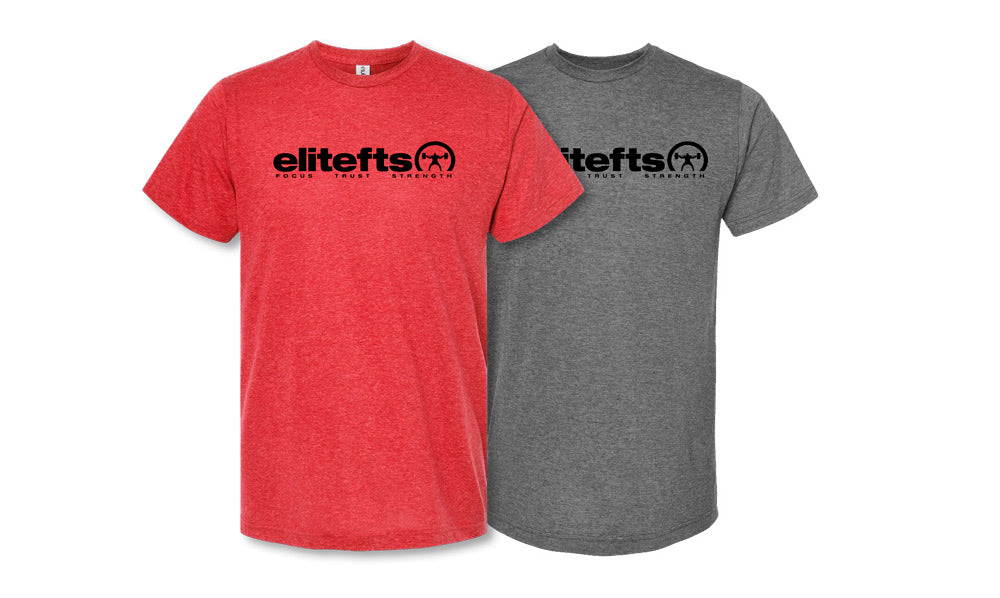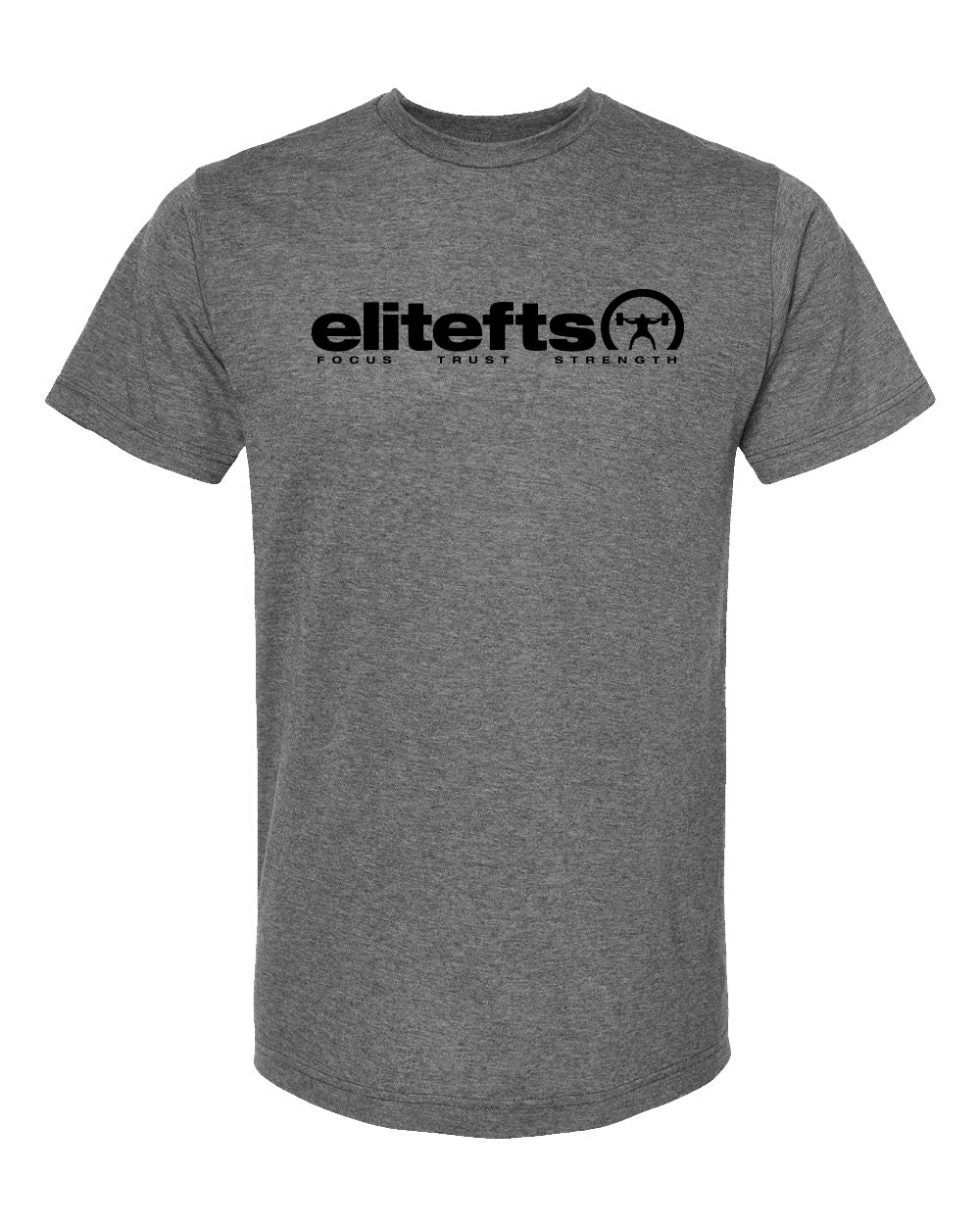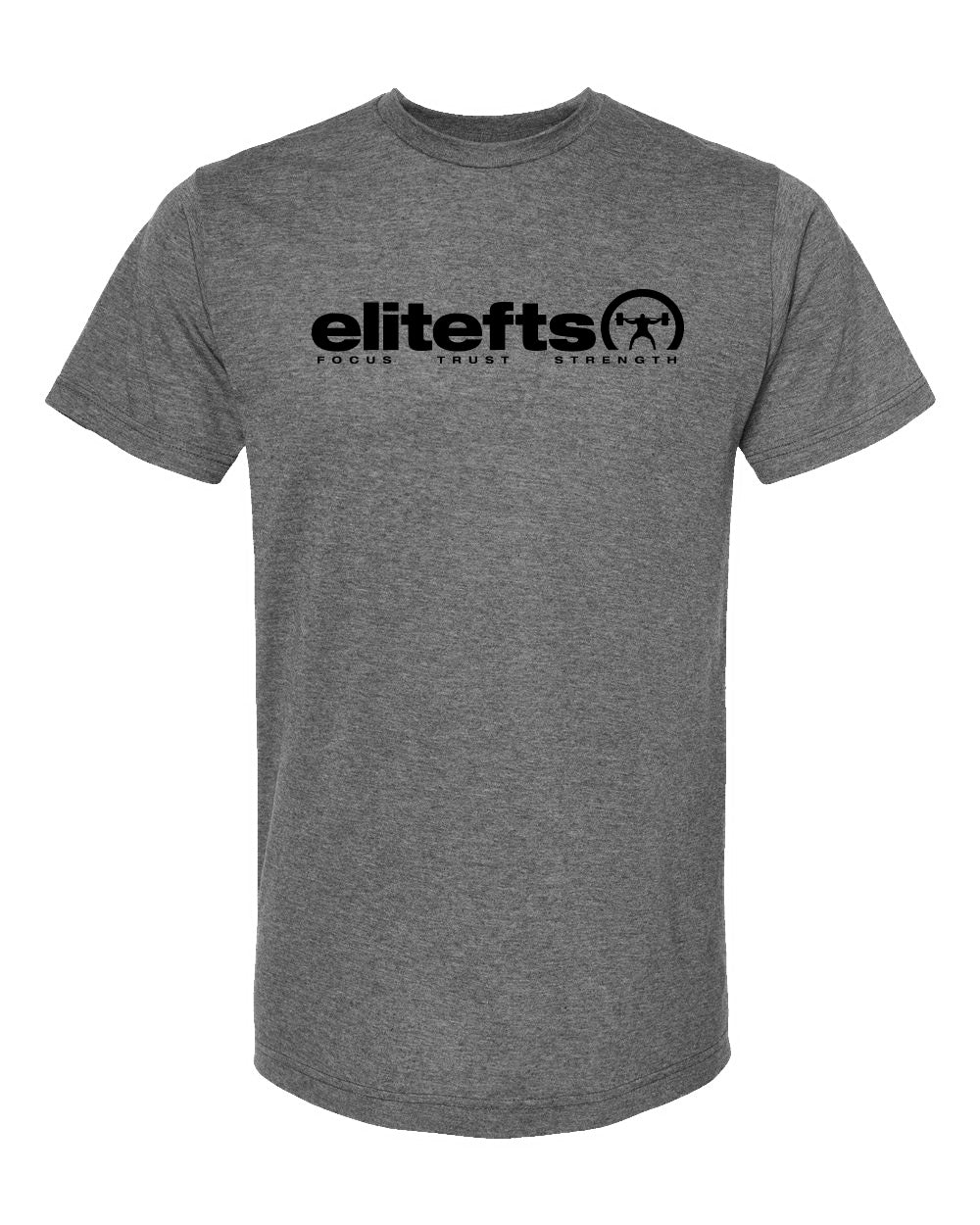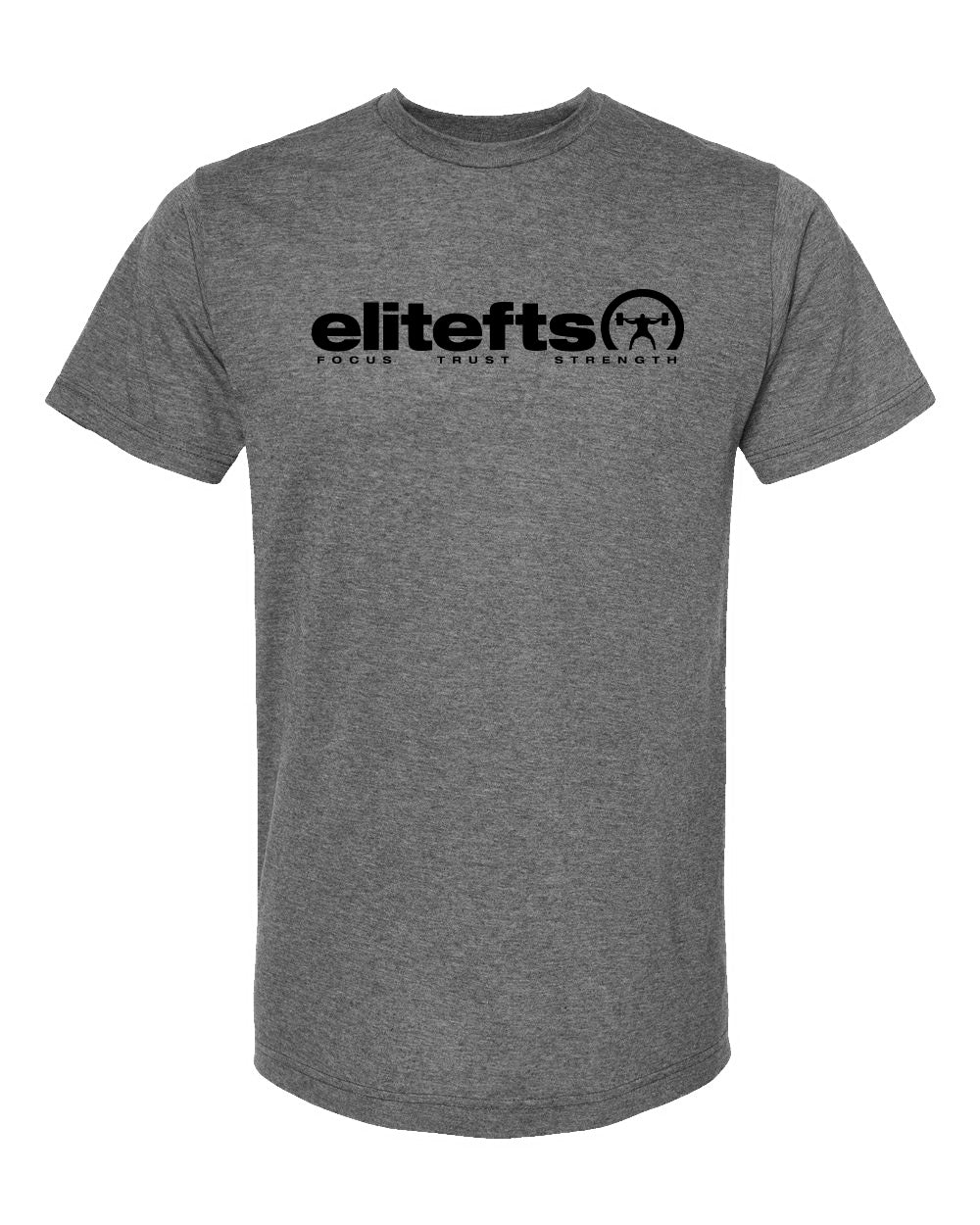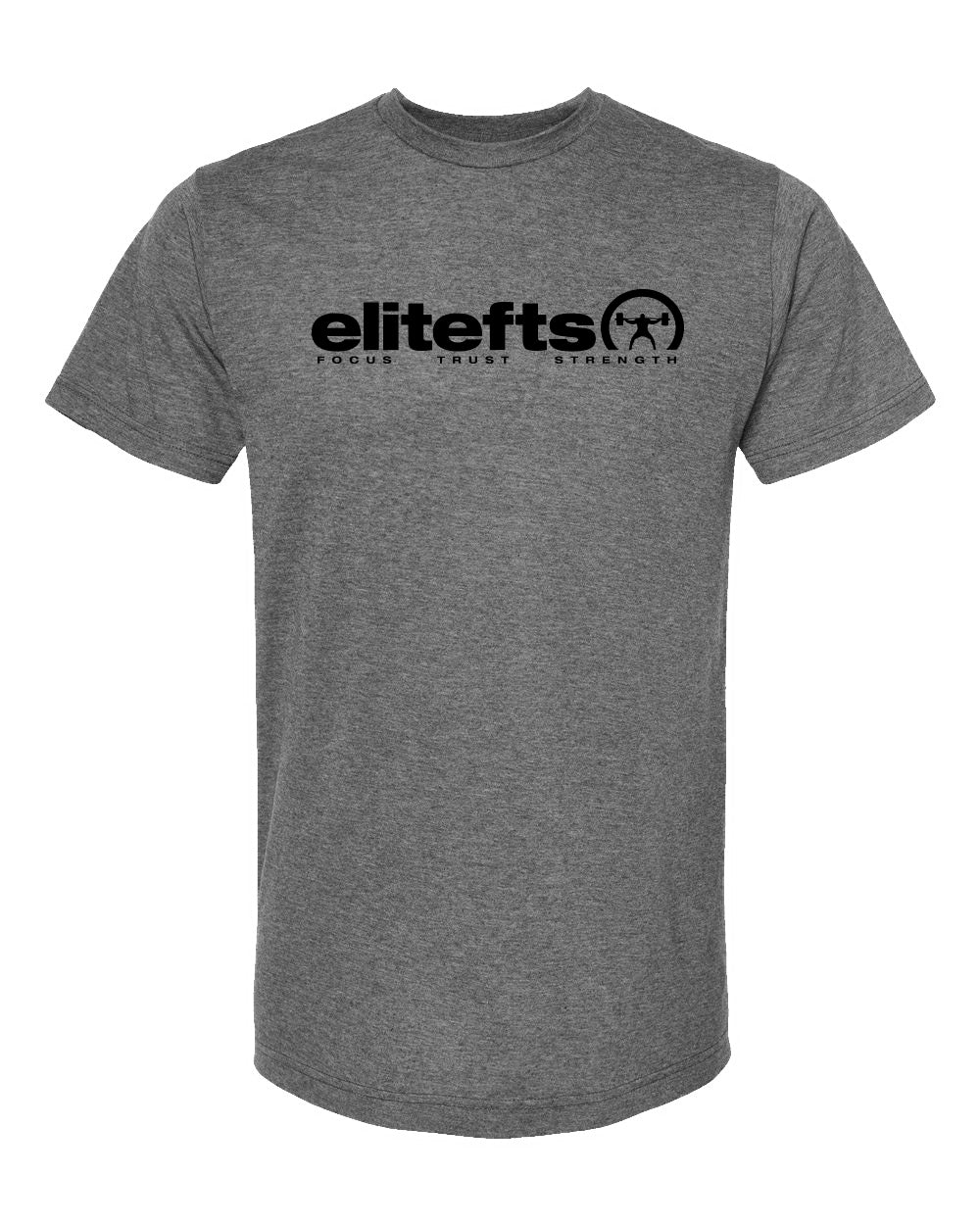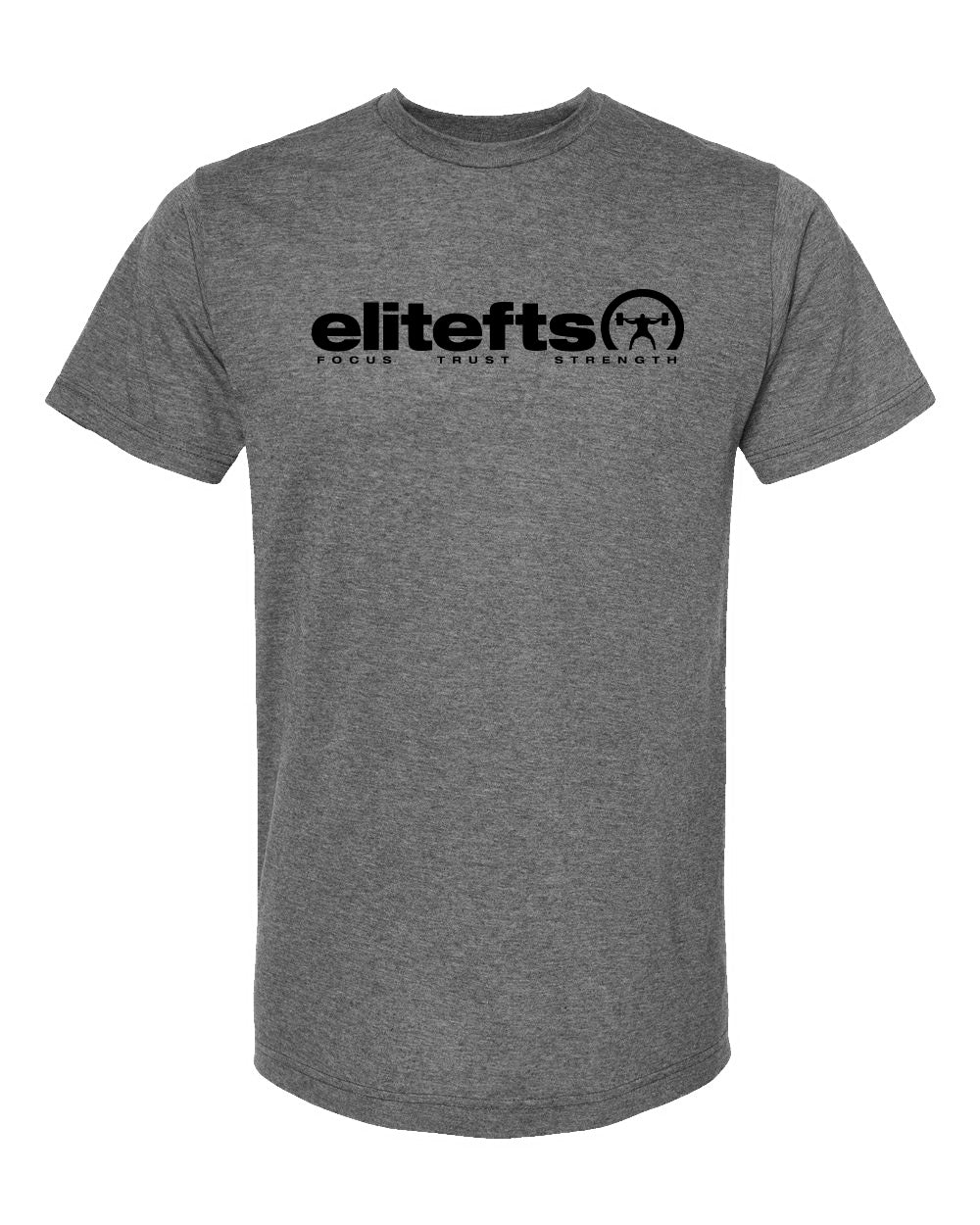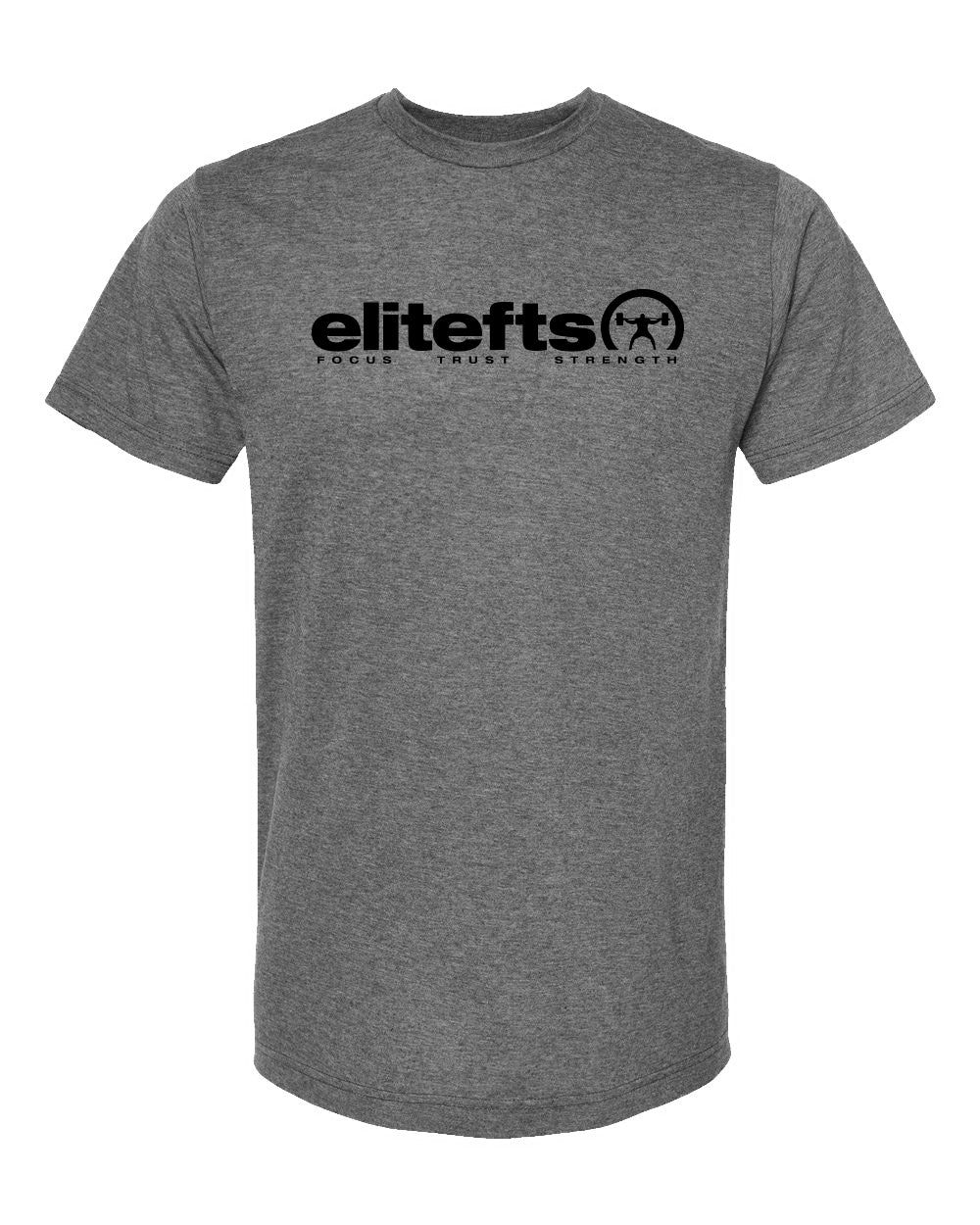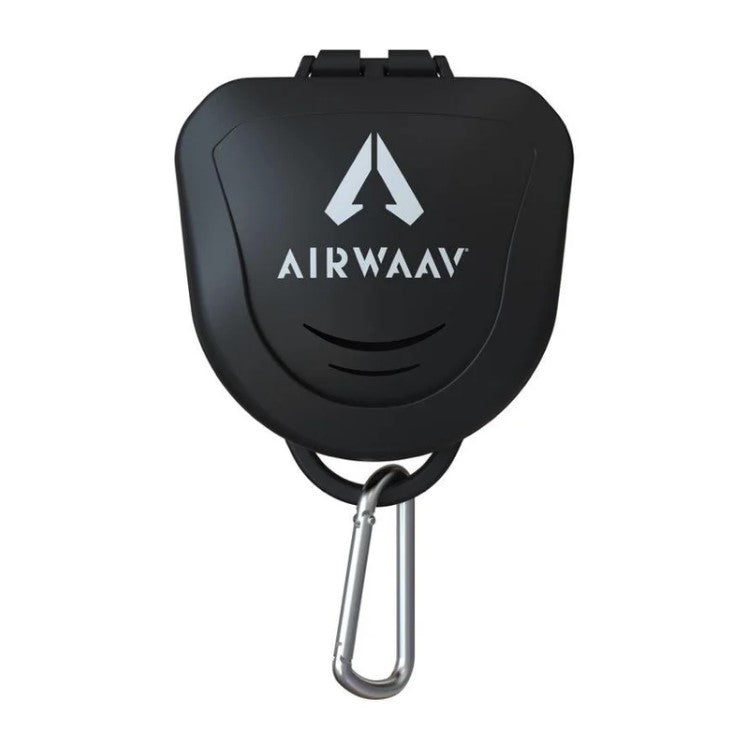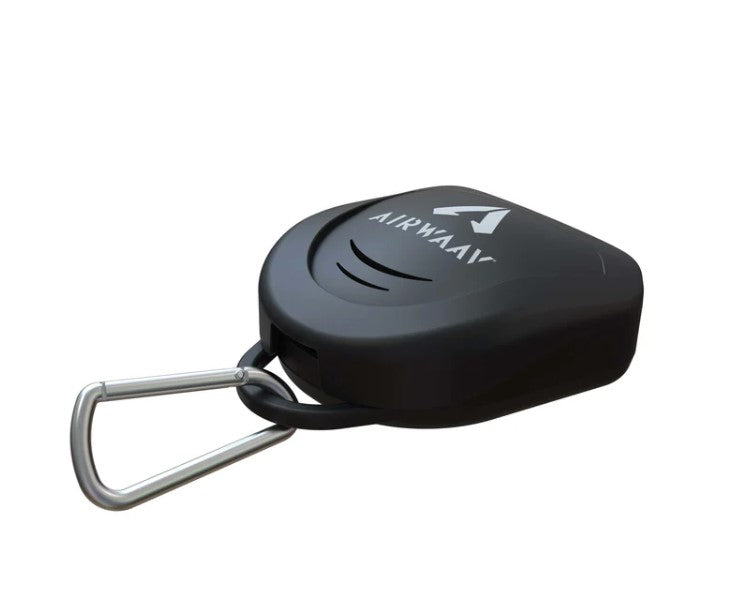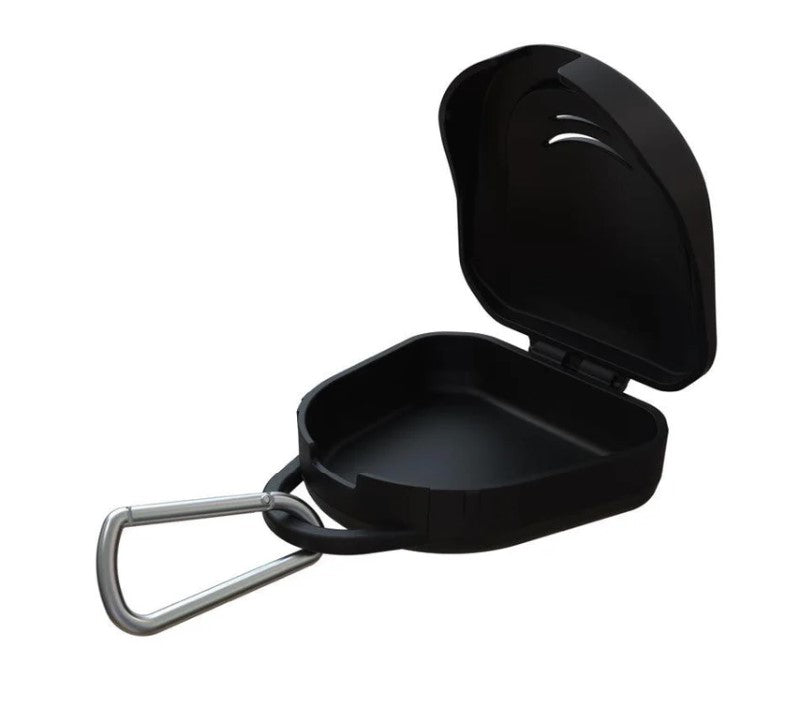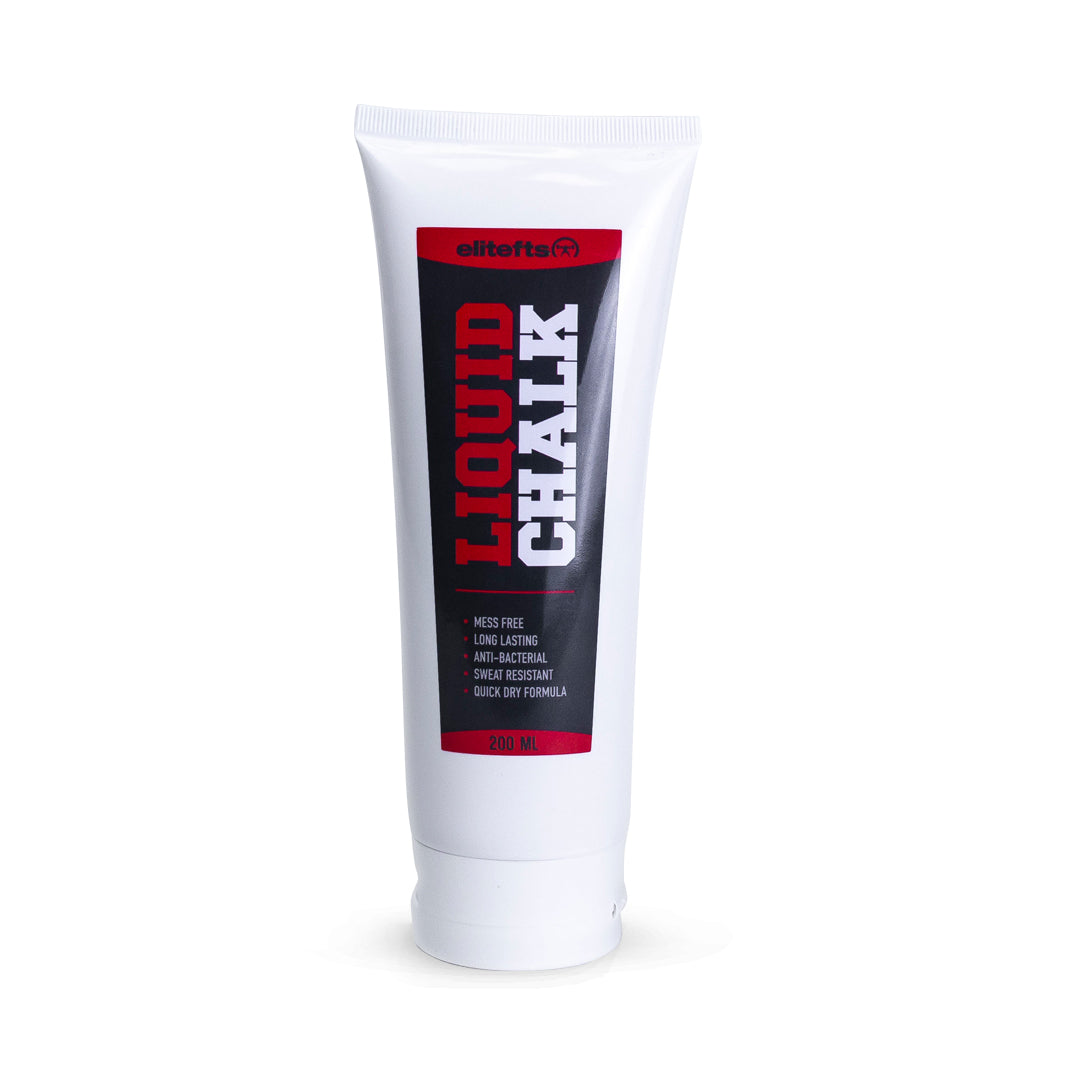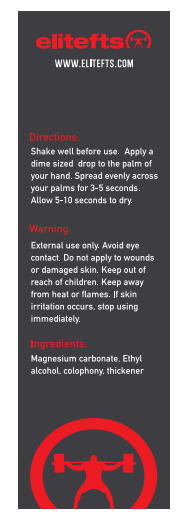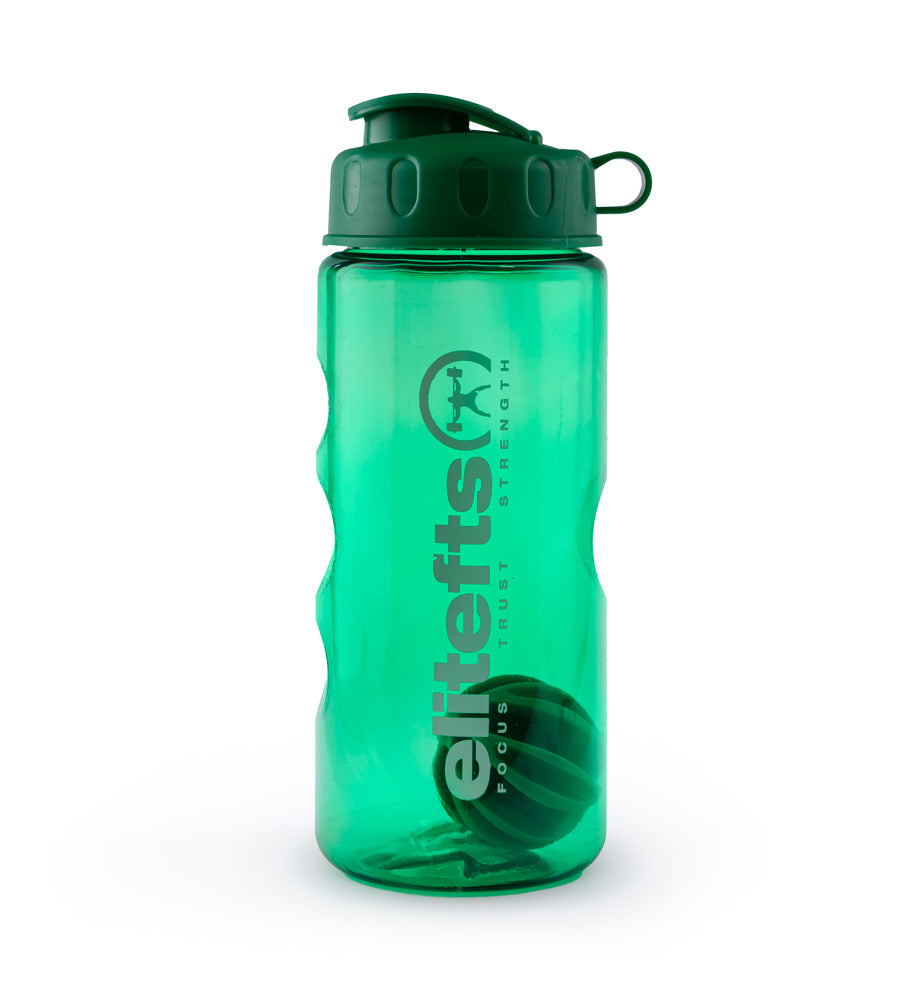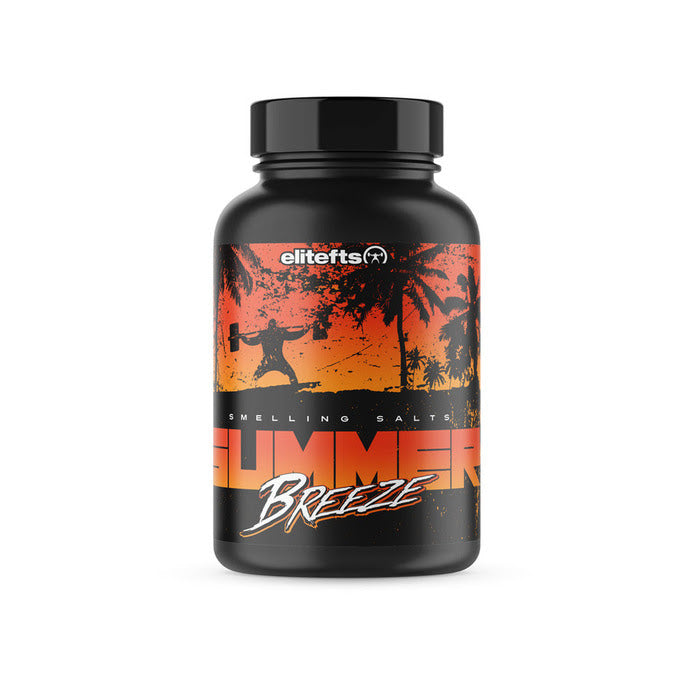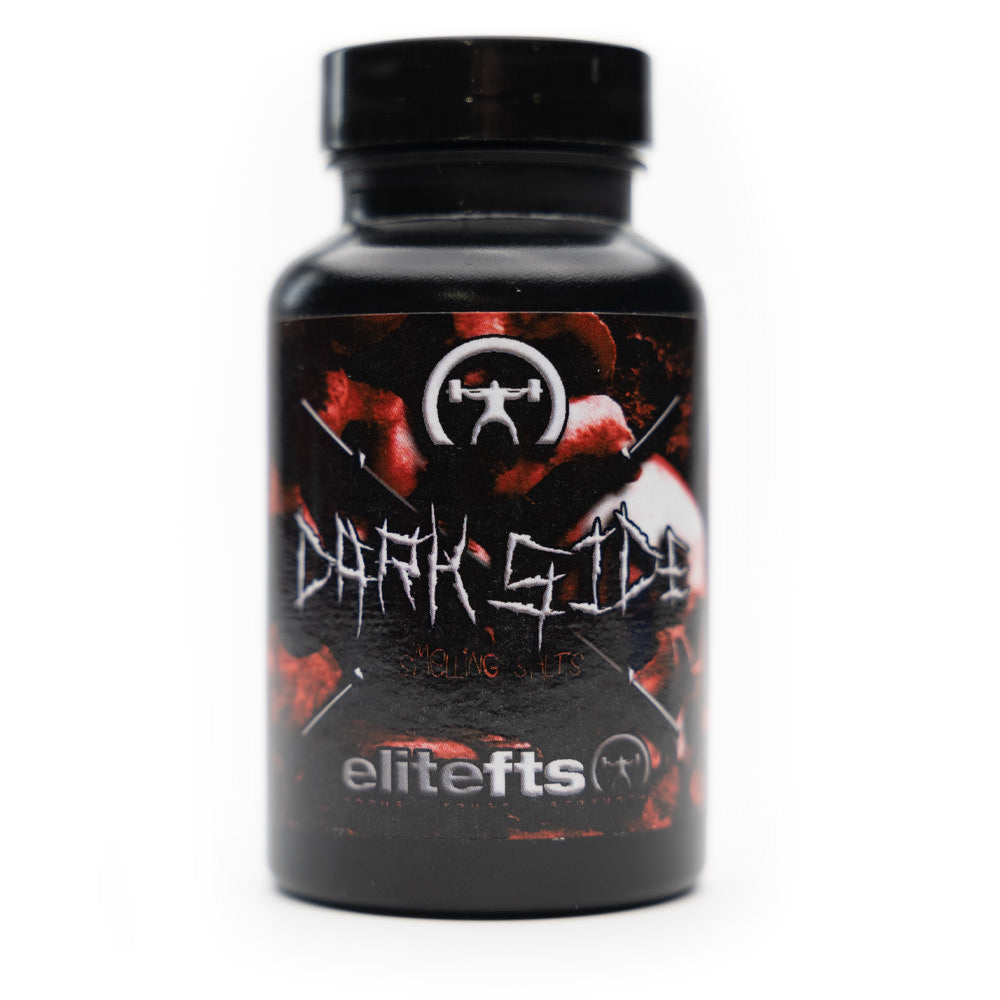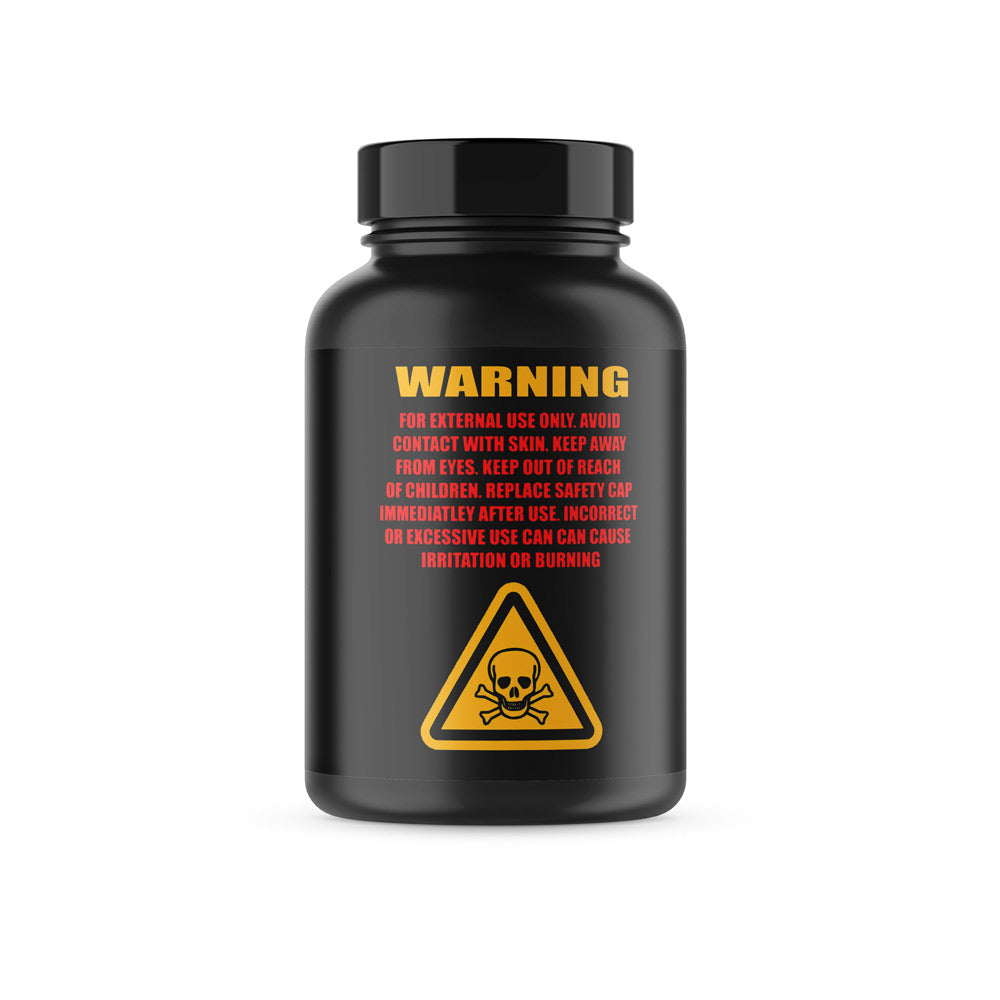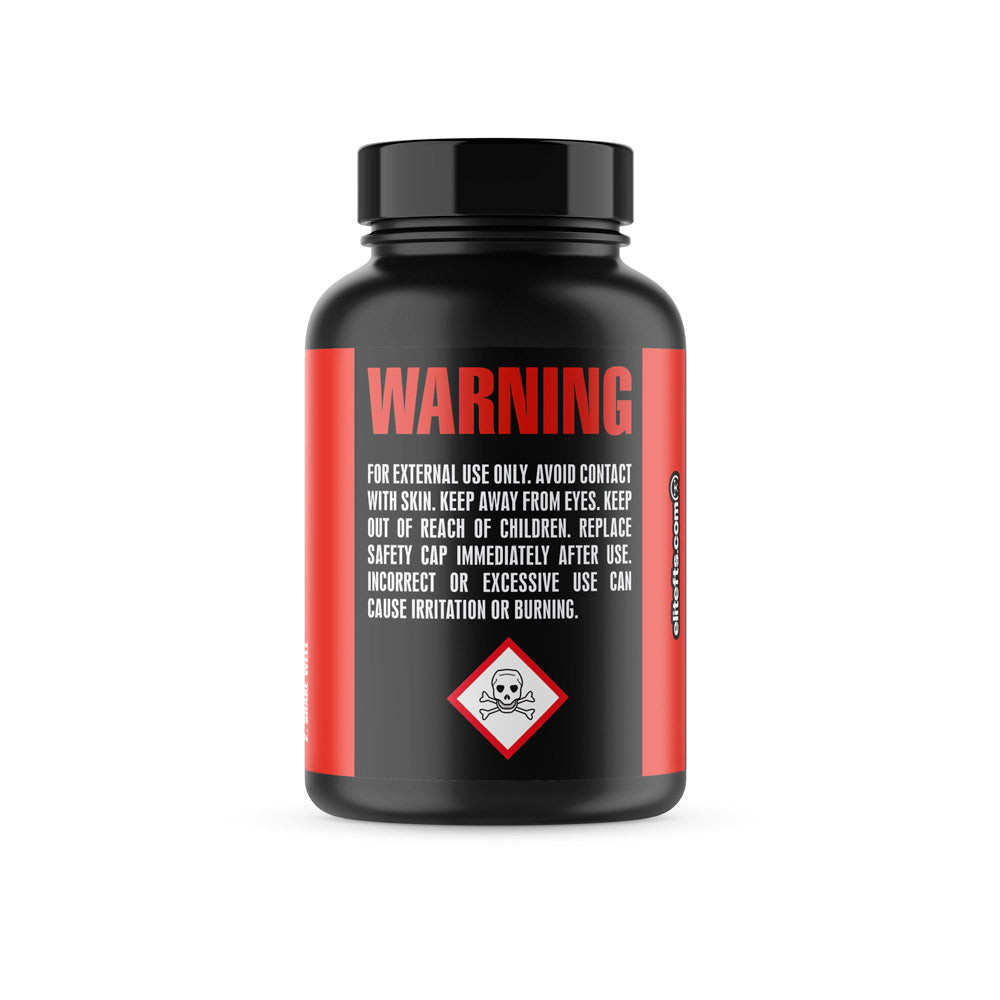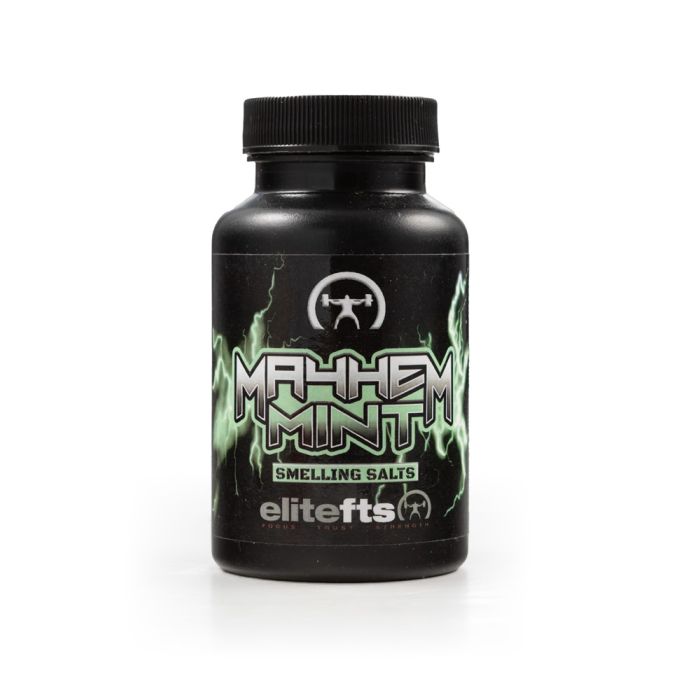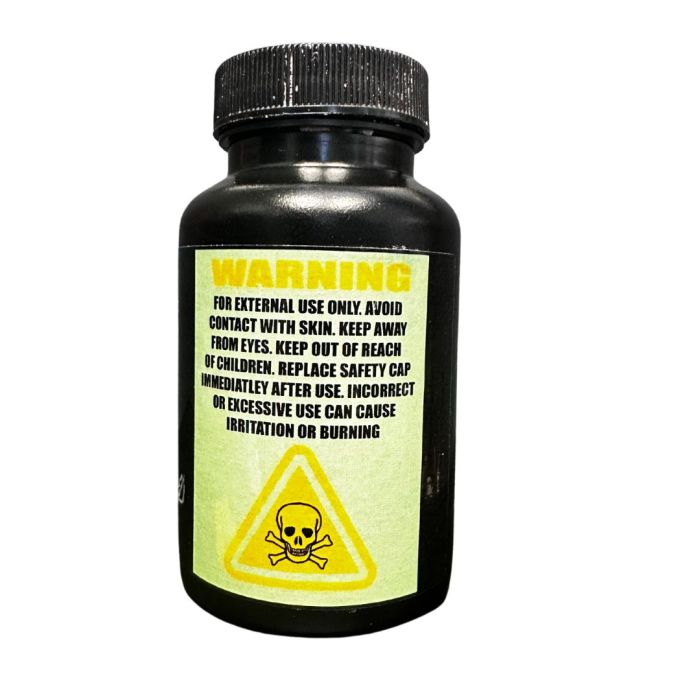You just finished the competition you trained for so long for; what now? I know this may seem like a simple question, and I suspect from my experience that most lifters are thinking, “Get back to training.” They would not be wrong in this thinking, but that is also a very simplistic way to view it. It could be giving up a lot of progress just to return to training like you have been doing. Powerlifting is not a meathead sport like most lifters want it to be. All the top lifters I know are extremely knowledgeable about strength training and do not just return to training after a competition.
Celebrate Your Accomplishments
Let’s start with celebrating your accomplishments and the recovery your body needs after competing.
I admit to never really taking much time to celebrate. Even after breaking a world record, my celebrations have been clocked with a stopwatch. I immediately started planning my next move because I knew I could do more.
This worked for me, but I do look back for educational purposes, and I feel it is okay to take a little time to celebrate your hard work. In fact, in a lot of cases, I feel that it is helpful and positive. We all need to reset from time to time, and we all need to let our bodies heal to find what that neutral position feels like again— a place where we are fully recovered and feeling good. It is common for aggressive and intense lifters to completely forget what it feels like to feel good. They think feeling beat up is good and normal for them. Plus, you want to start back up being fully refreshed and ready to go. Start back with the best chance for success.
Learn From the Positives and the Negatives
I suspect some readers are thinking, “But what if it was a shitty meet?” If it was, I understand wanting to get right back at it. Can you guess what the shortest time after I finished a meet was until I started training for my next one? Okay, I can not give you the exact time, but it was around 15 minutes. Yep, I have actually trained in the warm-up room after a meet to begin my prep for my next meet. Any guessing on how this turned out? Yep, in no time at all, I was beat to hell. It was completely my fault, but it was a positive experience for me. My hard-headed ass had to try it before I proved to myself it did not work, and I never did that again.
I truly believe there are only two ways to see these situations. Is it either a positive experience or a negative one? The key for me is if I learned something. If I learned something, then I became a more intelligent lifter. I also added another tool to my toolbox. Sometimes, knowing what does not work is one step closer to finding what does. I also feel there is success in the simple concept that you did a competition.
A lot of people want to be powerlifters but never get over their hangups enough to actually step onto the platform. There is something to say about persistence, to keep going, and to keep stepping on that platform and looking for bigger numbers. As long as you learn, then you improve, and I think that deserves some rest, at the very least. Step back, take a break, readjust, recharge, and then start anew.
RECENT: The DOs and DO NOTs of Picking Your Next Training Program
It has always been interesting and a bit frustrating seeing lifters continue to make the same mistakes meet after meet. I have always wondered why they do this, and my best guess is that they think they just have to get stronger. The meathead mentality sounds like, “Me lift hard with heavy stuff, Me get stronger!” Yes, there is some truth to this, but it goes much deeper in reality. You are only as strong as your weakest link, and if you have a weak one, you probably did not strengthen it in your last training phase or meet prep.
So, if you do not change and adjust for the weak link, you will lift the same amount of weight, which is the amount the weak link can handle. If your meet prep sucked and you came in beat up, tired, injured, or over-trained- then you did not show what you are capable of lifting. If you do the same thing in the next meet prep, you will have the same result of not showing your true strength in your lifts. Think about if you had poor technique, which caused you to not lift what you are capable of, then your meet prep lacked technique work and focus. If you train the same way, then you will only repeat this problem as well.
Questions to Ponder
How did making weight go?
Did you make weight and put your weight back on that you cut?
How was your energy that day after the weight cut? How did you compete at your weight and height? Might you need to drop or add some body mass for better leverage?
How did your openers go?
Were they too light, and you wasted a lift?
Were they too heavy, which made you miss a lift or get in your head?
How did you do with your lifting gear, such as wraps, sleeves, suits, bench shirts, and belts?
What about getting hyped up for a lift? Did you get too hyped up and lose focus? Or did you not get hyped up enough?
Did you hit ammonia, but were you not really ready for it?
How about meal prep and nutrition during the meet day?
What about hydration for the day?
Did you get all your rack heights and setups correct?
There are so many factors to consider about a meet day, and all of these things can be trained during the full meet prep.
Assess Meet Performance in Phases
Phase 1
For me, the meet prep is not over until I have assessed how the meet actually went. This assessment is a three-part process. The first part is my initial assessment right after the meet. I feel this needs to be kept as its own part of the process because we are human, which means emotions. Let’s face it: there was, hopefully, a ton of effort, work, blood, and sweat put into this meet prep. This means there will be some emotion involved in the outcome, no matter how stoic we are. This can be good or bad, but either way, I believe there should be some time to let these emotions calm down for more rational thought. Still, I am not opposed to taking some mental or physical notes about the meet right then.
Phase 2
Phase two begins once some time has passed, hopefully while recovering. It starts with just how you felt about your performance overall. Then, it breaks down everything from the start of prep to the end of the competition. Next is watching a video of the competition with a clear eye.
Phase 3
Phase three is getting feedback from handlers, teammates, coaches, etc., on how they felt you did. Their thoughts on what worked and what did not work can be helpful. Their thoughts on ways to improve the things that did not work well but also how to improve what worked too. Competing is simple, in principle, but has many complexities to master.
Take Time To Recover
In the end, powerlifting is about how much weight you can lift on the platform and not how strong you are. It is about putting it all together under the judge’s eye on the platform in competition. There is a lot to this process and many things to master. The best way to learn all this is just to get doing it. You have to compete to become a great competitor, but if you do not access your performance and make changes, then you do not progress.
So, all of the things you need to master can and should be trained in the gym. Lifting technique should be worked every single time you are under a bar and should become natural. This way, on a meet day, you will only need to focus on maybe a few current key points. Fixing your weak points to show your strength is the daily grind in the gym, getting them stronger.
Final Thoughts
How you eat, sleep, and work on your mentality is a 24/7 thing. The more down you get this, the easier the carryover is to the meet. Working the GPP so you are in shape to compete is done way before the competition. Flexibility and mobility are the same. So, you train all these factors before the meet and in meet prep. You can maybe even do some mock meets. How do you know if it all worked and how well it worked? Are you just going to go strictly by your numbers? Doing that would be a big mistake because it leaves too much room for error in all the individual areas. You have to break it all down and look at it with a logical, intelligent mindset. Then, you rework your next training and meet prep to address and improve each area.
We put so much work and effort into being powerlifters. Take the time to get all you can out of it. Without analyzing the meet, how can we come back with the best game plan to do the best we can at the next competition?
Chad Aichs is a world-class and elite powerlifter in the SHW division. He began training seriously for powerlifting in 1999 in Sparks, Nevada, where he currently trains at American Iron Gym. In the ten years since he started, Chad has proven to be one of the strongest lifters in the world. His best lifts are an 1173 squat, 821 bench press, and a 755 pull. Aichs' best total is 2733, which makes him one of the top lifters of all time.









